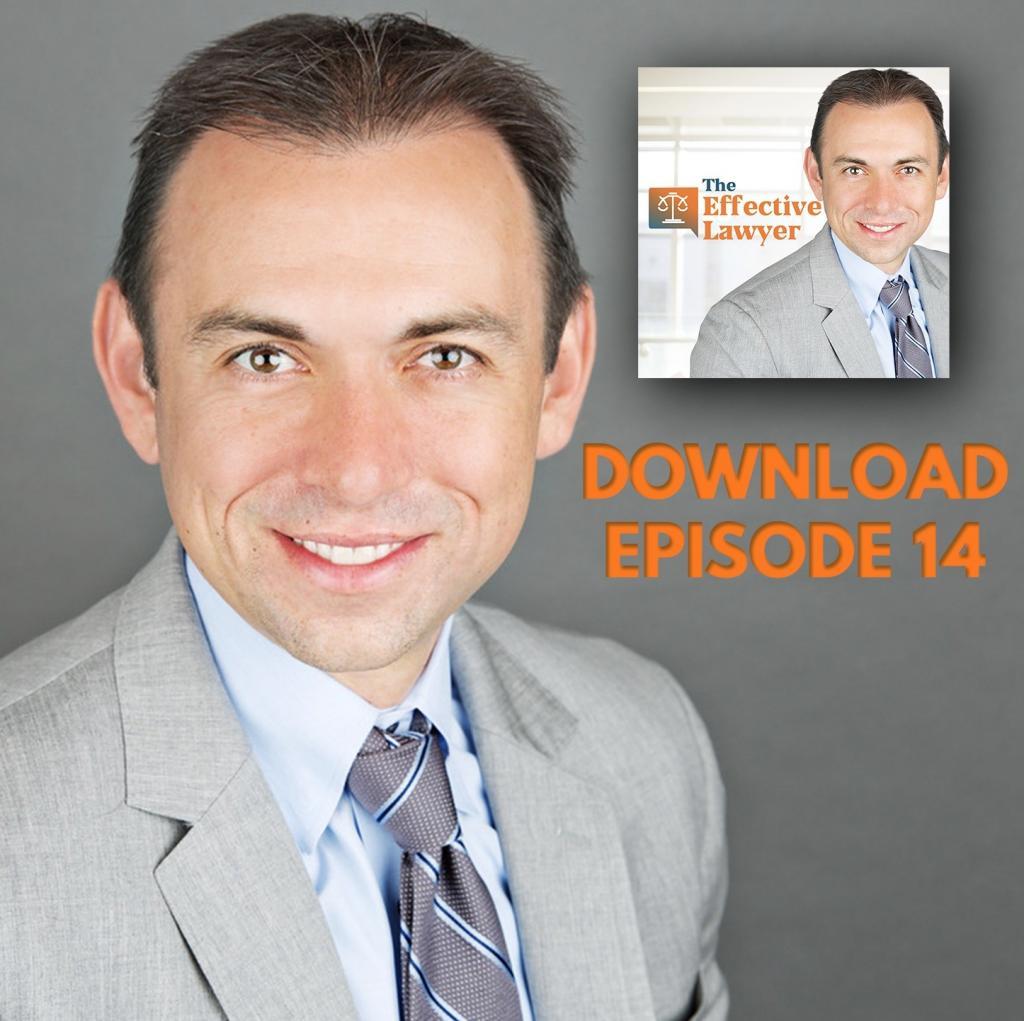Summary
In this episode, the Zinda Law Group team discusses how to come up with a discovery plan in a catastrophic or complicated case. All too often, firms and attorneys take a cookie cutter approach, which can cost you at the end of the case when you get to trial, as well as early on in the case when you’re not getting the evidence you need. Sharing their thoughts and experience with Zinda Law Group founder, Jack Zinda, are his law partner, Joe Caputo; one of the top litigators at the firm, Neil Solomon; and one of their all-stars, Christina Hagen.
Discussed in this episode:
- Creating a discovery plan
- What a corporate representative deposition is
- The order of discovery
- Obtaining information the defense is hiding
- Common mistakes when handling discovery
Creating a discovery plan
“Prior to litigation, think through what you want your discovery plan to be and utilize the forms that you have for generic discovery, but don’t limit yourself to what’s contained in there,” advises Joe.
“I start with the elements that I need to prove, and what information I need, or desire, that I may not have at the time of litigation, to make sure I can meet my burden,” adds Neil.
When creating a discovery plan, keep in mind the cost and time it’s going to take you: “You could have a great plan to take 100 depositions. But if it’s a $50,000 case, that’s probably not the best plan,” says Jack.
What you’re trying to accomplish
Zoom out from the case and consider your objective as you go through the discovery process. You’re not just trying to prove your case, you’re also trying to figure out how you can defeat the defendant’s case.
“Those two things are really important to keep in mind when you’re coming up with what evidence you need,” says Jack.
“Bear in mind,” adds Chrissy, “in a lot of states, you’re limited on how many discovery requests you can prepare. In Colorado, where I practice, you only have 30 interrogatories. You have to be careful with what questions you decide you want to propound to the other side.”
Don’t get into the mindset of more is better and throw out a load of questions that don’t apply to your particular case. One, it wastes your discovery requests, and two, it sends a message to the other side that you don’t know what you’re doing.
Telling your discovery vs throwing a big net out
“Don’t limit yourself to just one or two ideas and thoughts,” says Neil. “Thinking outside of the box is the best way to come up with a good written discovery plan.”
There are three phases of discovery:
- Written discovery
- Depositions
- Compelling issues
“They are never going to give you the evidence to make your case without dragging it out of them, kicking and screaming,” adds Joe.
The order of discovery
Whether you go written discovery first, deposition straight away or corporate route, it doesn’t matter.
“Keep it moving along,” says Neil, “get all the information you need in a timely manner. So you can try to hold those trial dates that are out there.”
“And only have discovery disputes, especially before depositions, on absolutely crucial pieces of information,” adds Joe.
“Put down in writing exactly what it is you want and get that over to them in the form of a letter. Say: I want this specific information. I requested it with this specific discovery instrument. I’m entitled to it because of this. Get an agreement on when they’re sending it back over,” says Jack.
Obtaining information the defense is hiding
If you know the defense is deliberately hiding information, “it’s always better to catch them in a lie than to actually get the evidence. They make it 10 times worse by hiding it and you catching them,” says Chrissy.
Just keep an eye out for defense lawyers intentionally not asking their clients questions so they can say: ‘they didn’t tell us, so we don’t know.’
Common mistakes when handling discovery
Jack’s final piece of advice when creating a discovery plan is: “it is imperative that you send a spoliation letter that is well thought out and lists documents that you want preserved, and that it is sent to the correct entities, people or persons at the correct address.”
On today’s podcast:
- Creating a discovery plan
- What a corporate representative deposition is
- The order of discovery
- Obtaining information the defense is hiding
- Common mistakes when handling discovery
Links:









